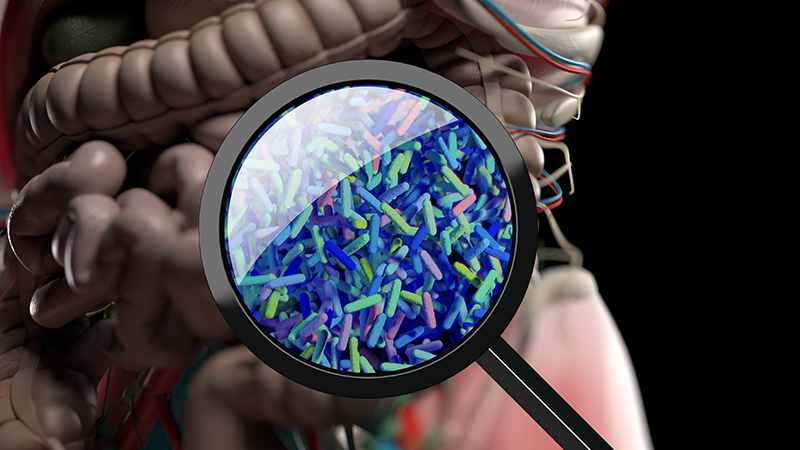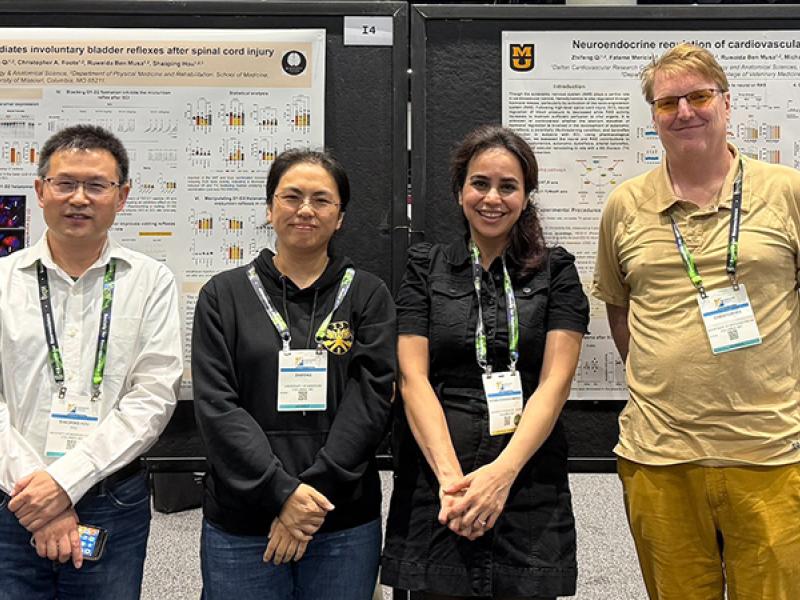
Researchers from the University of Missouri School of Medicine have received $2.3 million from the National Institutes of Health to study a common gut bacteria’s role in helping immunotherapy treat liver cancer.
For patients diagnosed with liver cancer, the average five-year survival rate of all stages is 20%, according to the American Cancer Society.
“While immunotherapy has shown promise against many types of cancers, its success against liver cancer has been limited,” said co-principal investigator Kevin F. Staveley-O’Carroll, MD, PhD, former professor in the Department of Surgery.
“The objective therapeutic response to immunotherapy in human liver cancer patients is only about 14%,” said co-principal investigator Guangfu Li, PhD, DVM, associate professor in the Department of Surgery and Department of Molecular Microbiology and Immunology. “But recent studies have shown certain gut microbes can play a role in aiding immunotherapy by fine-tuning the dendritic cells and macrophages that help the immune system identify and destroy tumor cells.”
The researchers will study the ways a microbe called bacteroides thetaiotaomicron (B.th), one of the most common species of bacteria found in the human gut, directs the immune system’s dendritic cells and macrophages to detect cancer cells in the liver. They’ll also test the effectiveness of B.th bacteria in aiding immunotherapy treatments in mice with liver cancer.
“These studies will provide insight into the role gut microbes play in the anti-cancer immune system,” Li said. “We are hopeful these findings will advance gut microbiota-integrated immunotherapy and translate into a clinical application that could eventually save human lives.”
Li, Staveley-O'Carroll and Eric Kimchi, MD — the former chief of the Division of Surgical Oncology and General Surgery, and former medical director of Ellis Fischel Cancer Center — are part of NextGen Precision Health, an initiative to expand collaboration in personalized health care and the translation of interdisciplinary research for the benefit of society.
The Roy Blunt NextGen Precision Health building at MU anchors this statewide initiative, which aims to unite government and industry leaders with innovators from across the system’s four research universities in pursuit of life-changing precision health advancements. The University of Missouri System’s bold NextGen initiative highlights the promise of personalized health care and the impact of large-scale interdisciplinary collaboration.





